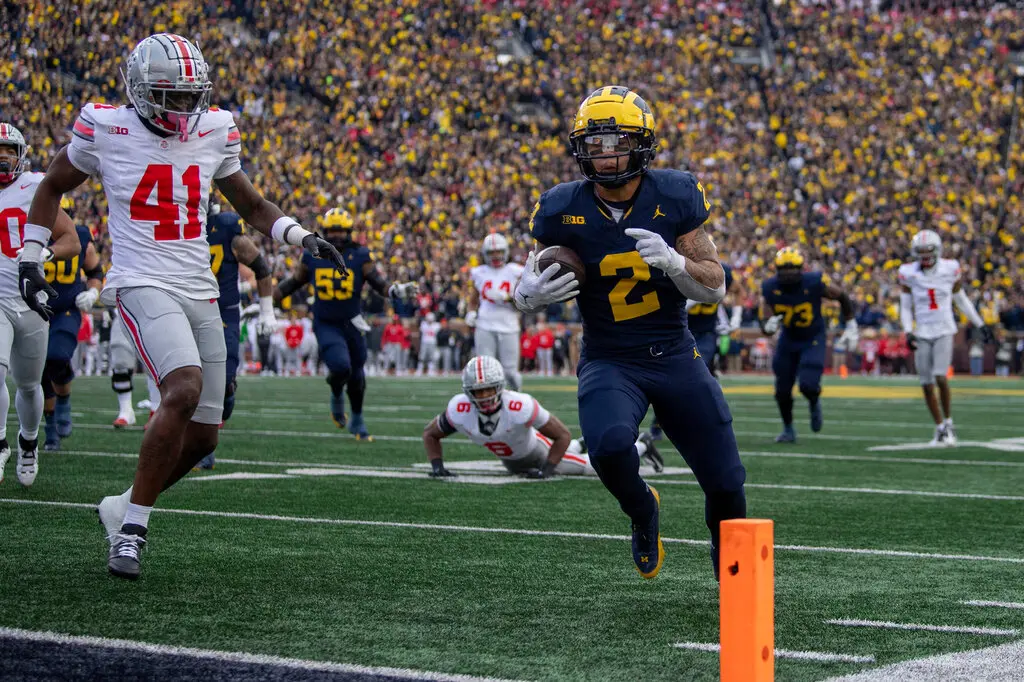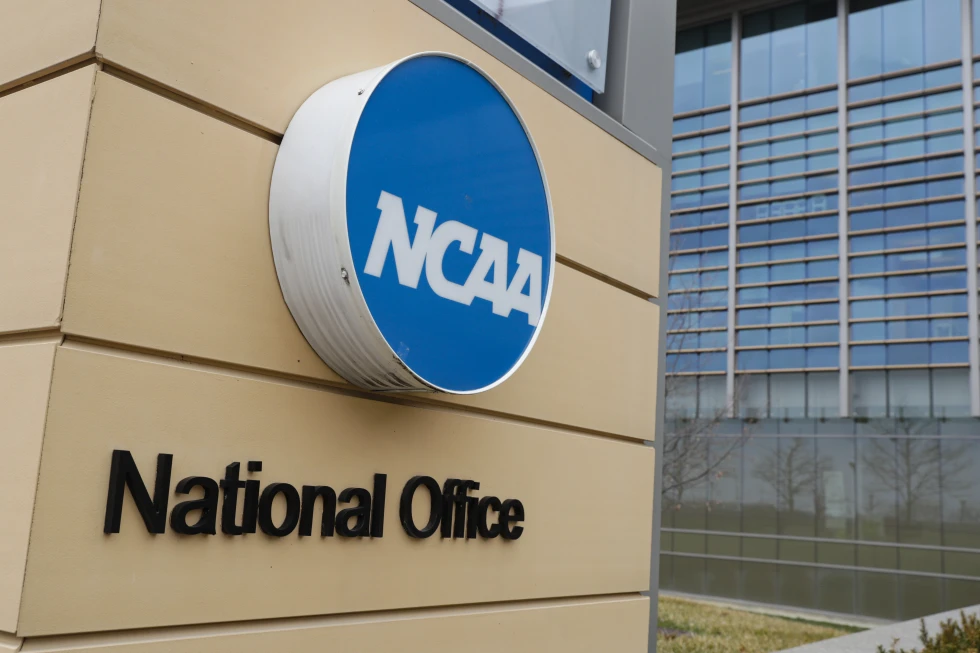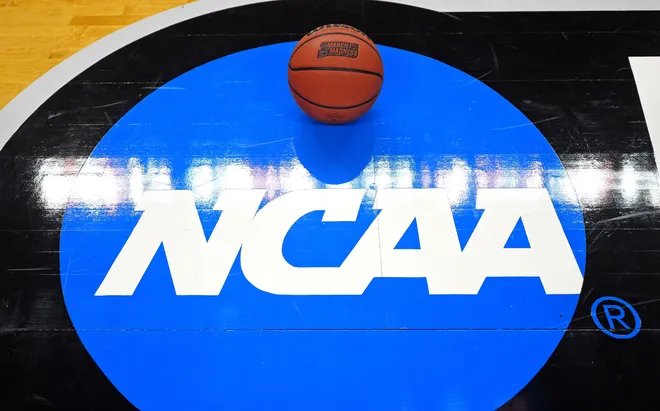College athletes whose primary contributions benefit their schools may qualify as employees entitled to compensation under federal wage and hour laws, according to a ruling from a U.S. appeals court on Thursday, marking a setback for the NCAA.
The court’s decision challenges the NCAA’s traditional view of amateurism in college sports, suggesting that a new test should be created to distinguish between athletes who play for recreation and those whose efforts could be considered work.
“Professional athletes serve as a clear example that playing sports can indeed be considered compensable work,” wrote U.S. Circuit Judge L. Felipe Restrepo. “The key question remains whether the overall circumstances of the relationship between the athlete and the college or NCAA demonstrate an economic reality akin to that of an employer-employee.”
A concurring opinion from another judge raised concerns about the complexity of such a determination, especially given the large number of students—nearly 200,000—competing across almost 6,700 Division I teams.
The NCAA had sought to dismiss the case, but it will now return to the trial judge for further examination of the facts.
This ruling comes after a 2021 Supreme Court decision prompted the NCAA to revise its rules, allowing athletes to profit from their name, image, and likeness. In addition, the NCAA recently announced a revenue-sharing plan totaling nearly $2.8 billion, which could potentially direct millions of dollars directly to athletes starting next year.
The Division I athletes involved in the lawsuit, based in Philadelphia, are seeking hourly wages similar to what their peers receive in work-study programs. They argue that colleges violate fair labor standards by not compensating them for the substantial time they dedicate to their sports, often averaging 30 hours or more per week.
Lawyer Paul McDonald, representing the plaintiffs, suggested that NCAA athletes could earn $2,000 per month or $10,000 per year for participating in sports. He emphasized that many students rely on this money for daily expenses.

“This idea that college athletes can’t be students and employees at the same time is simply incorrect when campuses already employ student workers,” McDonald said on Thursday. “It’s hard to believe that athletes wouldn’t meet the same standards as employees.”
A district judge had previously declined to dismiss the case, prompting the NCAA, based in Indianapolis, to ask the appeals court to prevent it from proceeding to trial.
Defendants in the case include the NCAA itself and member schools such as Duke University, Villanova University, and the University of Oregon.
In a statement, the NCAA mentioned its efforts to enhance benefits for athletes, including healthcare and career support, and expressed a desire to help schools provide more direct financial benefits to athletes.
However, it acknowledged concerns from students that an employment model could “negatively impact their experiences and potentially reduce opportunities for student-athletes in women’s sports, Olympic sports, and sports at HBCUs, Division II, and Division III levels.” The statement came from NCAA spokesperson Meghan Durham Wright.
The Supreme Court’s unanimous decision, which led to NIL (Name, Image, Likeness) payments, lifted the restriction on college athletes receiving compensation beyond full scholarships.
Now, schools recruiting top athletes can offer substantial education-related benefits such as study abroad opportunities, computers, and scholarships for graduate studies.
“Traditions alone cannot justify the NCAA’s decision to create a large money-making operation without fairly compensating student athletes,” wrote Justice Brett Kavanaugh in a concurring opinion. “The NCAA must follow the law like everyone else.”

However, this case did not settle whether college athletes should be considered employees who deserve direct pay — which is the main issue facing the 3rd U.S. Circuit Court panel.
At the NCAA convention last year, Baylor University President Linda Livingstone argued against this model, saying it would make coaches into their players’ supervisors.
“Treating student-athletes as employees could profoundly affect college sports in a negative way,” said Livingstone, who chairs the NCAA’s Board of Governors. “We need Congress to recognize the unique relationship between student-athletes and their universities.”
But this relationship has come under scrutiny.
In 2021, a senior lawyer at the National Labor Relations Board said in a memo that college athletes should be viewed as employees of their schools.
Athletes have also used social media to demand a share of the millions of dollars that NCAA schools earn from sports. This included a campaign ahead of the 2021 NCAA basketball tournament with the hashtag #NotNCAAProperty.
During its convention, the NCAA compared athletes to students involved in theater and music groups on campus who do not get paid.
Lawyer Paul McDonald argued that these campus groups are student-run, unlike athletes whose schedules are controlled by coaches in a way that resembles employment.
“The most regulated students on any campus are the student-athletes,” McDonald said earlier this year.
